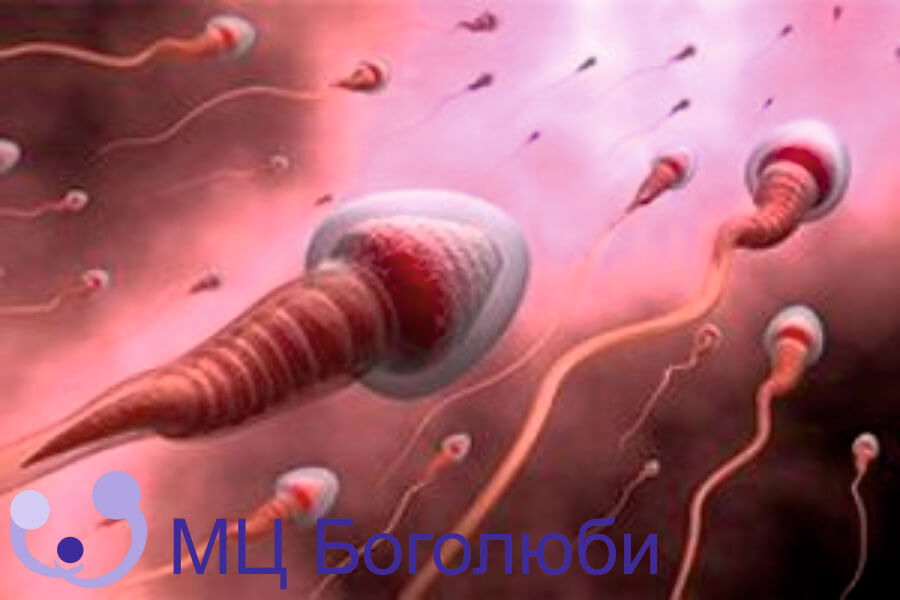Spermatogenesis is the process of development of male germ cells, regulated by hormonal effects. In the male body, the primary reproductive cells are dormant before puberty begins, and only then do they begin to differentiate in spermatogonia. The latter give rise to spermatocytes. Four spermatids are formed from each spermatocyteafter two consecutive meiotic divisions. Spermatids undergo a series of changes (spermiogenesis), which include:
- acrosome formation;
- core compaction;
- the formation of Cervix, middle and tail sperm;
- rejection of most of the cytoplasm.
The time required to convert spermatogonia to a mature sperm is approximately 64 days.
Formed sperm enter the lumen of the seminiferous tubules. From here they advance towards the tubules of the epididymis, due to the reduction of the wall elements of the seminiferous tubules. Sperm cells are initially inactive, they acquire the full amount of active motility in the epididymis.
It is known that more than 40% of cases of male infertility are associated with a violation of spermatogenesis. For complete sperm formation, a temperature of 33.6 of deg;C is required. It is not in vain that the testicles are «carried»,outside the body.
External factors
Excessive heating of them outside (heat, hot baths, tight-fitting underwear) leads to a decrease in sperm formation. The effect of temperature can be defined as an external factor affecting spermatogenesis. Here should be also included: :
- infectious and inflammatory diseases;
- genital injuries;
- poisoning by harmful substances;
- avitaminosis;
- malnutrition.
Internal factors:
- dysfunction of the hypothalamus and pituitary gland (lack of FSH and LH);
- thyroid dysfunction;
- genetic abnormalities;
- impaired adrenal function;
- diabetes;
- liver failure;
- renal failure;
- consequences of infections;
- varicocele;
- testicular disease.
Treatment of spermatogenesis
In the treatment of disorders of spermatogenesis, emphasis should be placed on eliminating its causes. Infectious diseases are treated with antibiotics for about 3 weeks for both spouses. Hormonal drugs are also used. In this case, the treatment period is about 12-15 weeks. With certain indications (cryptorchidism, varicocele, inguinal and inguinal-scrotal hernias etc.), surgical methods also occur.
In any case, for an adequate assessment of your health status, it is better to contact our specialists at the Bogoliuby Center for Reproductive Medicine and do not self-medicate.
















